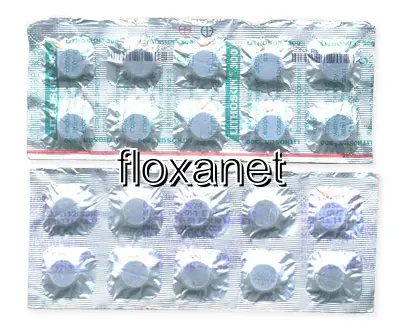Buy Lithium Carbonate Online from Trusted UK Pharmacy
| Package | Dosage | Price | Price per Dose | |
|---|---|---|---|---|
| Dosage: 300mg | ||||
| 360 pill | 300mg | £277.77 | £0.77 | |
| 180 pill | 300mg | £155.34 | £0.86 | |
| 120 pill | 300mg | £118.30 | £0.99 | |
| 90 pill | 300mg | £96.70 | £1.07 | |
| 60 pill | 300mg | £72.01 | £1.19 | |
| 30 pill | 300mg | £41.14 | £1.37 | |

Lithium Carbonate Description
Overview of Lithium Carbonate
Lithium Carbonate is a widely prescribed medication primarily used to treat bipolar disorder. It helps stabilize mood swings and reduce the severity and frequency of episodes of mania and depression. As an essential mood stabilizer, Lithium Carbonate has been used for decades and remains one of the most effective treatments for bipolar disorder. Its exact mechanism of action is not fully understood, but it is believed to influence the flow of sodium through nerve and muscle cells, which affects neurotransmitter activity in the brain. When managed properly, Lithium Carbonate can significantly improve patients' overall quality of life by maintaining a more balanced mood.
Usage and Dosage
The medication is usually taken orally in the form of tablets or capsules. The dosage depends on several factors, including the patient's age, weight, severity of the condition, and response to treatment. Healthcare providers closely monitor blood lithium levels to ensure they stay within a therapeutic range. It's important to follow the prescribed dose strictly and attend regular check-ups to prevent complications. Doctors often start patients on a low dose, gradually increasing it as needed to minimize side effects. Consistent intake is crucial for the medication to be effective, and abrupt discontinuation can lead to a relapse of symptoms.
Potential Benefits
Lithium Carbonate has a long-standing reputation for reducing the frequency of mood episodes and preventing suicidal ideation in bipolar patients. Many users report a marked improvement in mood stability, energy levels, and overall mental clarity. Its ability to serve as a mood stabilizer makes it especially valuable in long-term management plans. Some patients also find that it reduces impulsivity and aggressive behaviors associated with bipolar disorder. When used responsibly under medical supervision, Lithium Carbonate can help individuals regain a more normal and balanced life.
Possible Side Effects and Risks
While Lithium Carbonate can be highly effective, it is not without risks. Common side effects include increased thirst, dry mouth, tremors, weight gain, and gastrointestinal upset. More serious but less common side effects may involve kidney or thyroid problems, which require regular blood tests to monitor organ function. Overdose is a critical concern; symptoms can include confusion, vomiting, diarrhea, muscle weakness, and in severe cases, seizures or coma. Therefore, adherence to prescribed dosages and routine medical checks are vital for safety. Patients should inform their healthcare provider about any unusual symptoms or changes in health status during treatment.
Precautions and Considerations
Before starting Lithium Carbonate therapy, it's important to discuss medical history, especially kidney, heart, or thyroid conditions. Patients are advised to maintain a consistent intake of fluids and salt, as fluctuations can affect lithium levels in the bloodstream. Regular blood tests are essential to monitor therapeutic lithium levels and kidney and thyroid function. Certain medications, such as diuretics, NSAIDs, and some psychiatric drugs, can interact with Lithium Carbonate, increasing the risk of toxicity. Patients should always inform their healthcare provider about all medications they are taking. Proper management, including lifestyle modifications and routine monitoring, can greatly reduce the risks associated with this medication.